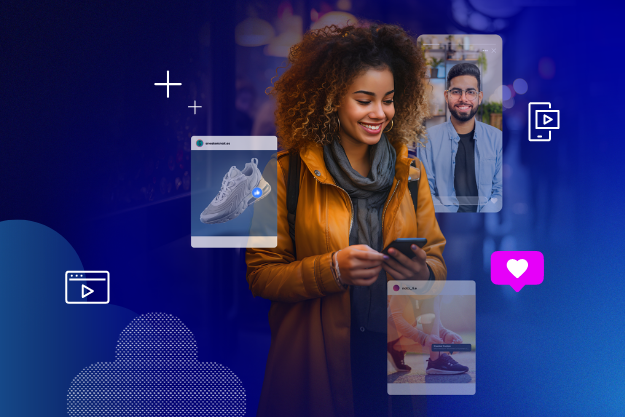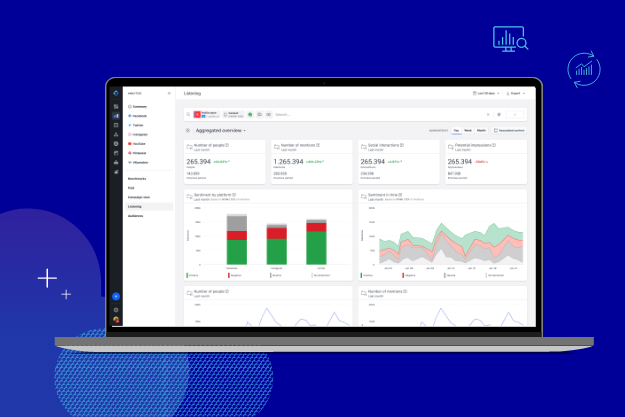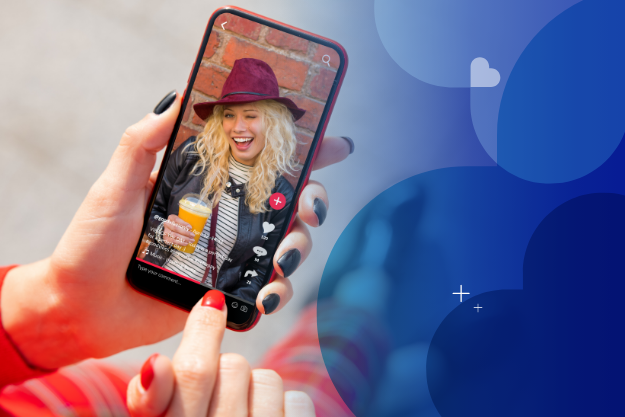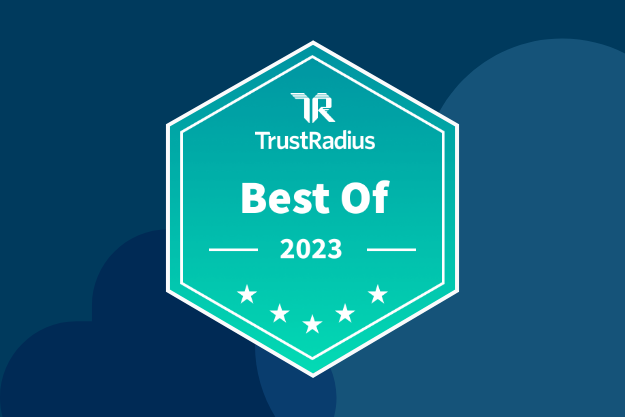When compared to Instagram or Snapchat, TikTok is a relatively new kid on the block that witnessed explosive growth and global success in the last couple of years. The short-video platform is especially popular among younger audiences (Millennials and Gen Z), with over 800 million monthly active users worldwide.
It was the most downloaded app worldwide in 2020, and overall it has been downloaded more than 1.6 billion times. Its users spend an average of 52 minutes per day on the app, creating short, fun videos of themselves and/or engaging with content from others.
Seeing how TikTok’s surge in popularity and how its recipe for video content worked so well, it didn’t take long for Facebook to attempt its own standalone version, called Lasso. That didn’t work, but a different implementation built right into an existing platform could be a contender with TikTok, and that’s Instagram Reels.
What is Instagram Reels?
In August 2020, Facebook announced the global launch of Instagram Reels, which enables Instagram users to create and edit short, 15- or 30-second videos, set them to music, and add augmented reality (AR) effects.
Instagram users can post their own Reels to their Stories – where they will live for 24 hours – or to their feeds, where they will show up in a separate Reels tab.
Users with public accounts can also post their Reels to the Explore tab – akin to the For You tab on TikTok – through which other users can find and watch their videos. The Explore tab hosts featured Reels, which are a selection of trending videos.
Reels has been rolled out to over 50 other countries, including the US, the UK, Canada, Australia, and Japan, on both iOS and Android. Reels are easy to create on the platform itself, or you can use video creation apps like Boosted to set yourself apart and ooze more creativity.
With an extensive library of free stock footage and fully-customizable ready-to-go templates, such an app can help you whip up professional-grade videos or animated graphics for posting on both Instagram and TikTok, effectively covering all your social media bases.
Now, as you know, being a visual-first platform, Instagram already boasts IGTV and Stories. While IGTV can’t be classified as a YouTube competitor, it certainly serves as a great alternative to YouTube for brands to post their video marketing content. To some extent, it can be called Facebook’s attempt to lure a chunk of YouTube’s audience and keep them on Instagram.
As for Instagram Stories, it was a direct response to Snapchat in 2016, and it’s been one of the most successful implementations to date. Snapchat’s doggy ears filter took off in 2015, and following that, Instagram rolled out a variety of AR selfie filters two years later. Instagram’s location geostickers came that same year, following Snapchat’s geostickers in 2016.
"They deserve all the credit," then-Instagram CEO Kevin Systrom said at the time in an interview with TechCrunch. “This isn't about who invented something. This is about a format and how you take it to a network and put your own spin on it."
While Stories didn’t steal away Snapchat’s user base, the new feature gave Instagram’s millions of users a crisp taste of Snapchat’s key offering and deterred them from either trying out Snapchat or keeping up with both platforms. Soon after in 2018, Snapchat witnessed its user growth rate slow down and announced it lost three million users from June to August 2018 – its first decline ever.
Though there are a few notable differences between Reels and TikTok, Reels shows that Instagram's idea of innovation hasn't quite changed. However, Reels doesn’t seem likely to make the same splash as TikTok.
Why Instagram Reels is unlikely to deter TikTok
A 2020 survey by Pivotal Research of 54 large ad agencies and advertisers found that 61% of respondents said Reels wasn't an effective competitor to TikTok.
Social media influencers mostly agree that Reels doesn’t have the bells and whistles of TikTok. And so, they typically don't spend much time on it.
“Reels is a reflection of TikTok and nothing more,” Julia Gray wrote. “There are no additional features or benefits. Instagram doesn't have to remake the wheel, but it should at least add some shiny new spokes,” she adds.
As a matter of fact, many Reels videos have simply been TikTok reposts. And many of TikTok’s most popular creators, such as Charli D’Amelio – who has more than 37 million followers – have yet to post a Reel.
While on the subject of influencers, consider working with an influencer to amp up your brand’s reach and credibility on social media platforms. In particular, Instagram and TikTok are ideal for an influencer partnership. Use a tool like Socialbakers to find the right influencers, reach out to them at scale, and measure their performance and your ROI. Upfluence is another great option as a platform dedicated to influencers.
Instagram's VP of Product Vishal Shah also noted that one big complaint about Instagram is that it's tough for new creators to find an audience, something TikTok ingeniously solved with viral challenges, song-based discovery, and the idea of the For You content recommendation page.
Copying TikTok's content discovery prowess means copying its algorithm, which is a tall order even for Instagram. TikTok's algorithm works remarkably well in understanding what people want to watch. And even with TikTok being transparent about its For You recommendation algorithm, its unique sense of addictiveness – its value proposition – is hard to mimic.
So ultimately, it’s not just the algorithm or extra features of TikTok, but the sense of fun and connection that it brings about in its users, with various challenges and fun effects (aka filters) serving as a bonus.
Stories was a major hit because it took what Snapchat did well and made it even better by allowing people to express themselves more authentically and further connect to each other. But that’s not quite the case with Reels.
That being said, Reels still presents as a potentially great marketing opportunity. It enables you to quickly create and share engaging content about your brand, such as your behind-the-scenes or highlights of a new product launch.
Or, you can use a tool like Emplifi's Content Intelligence or BuzzSumo to find out the top-performing content across your space, and create something better along the same lines.
The takeaway
With LinkedIn rolling out its own Stories feature and Twitter releasing Fleets, it is evident that social media giants can’t stand to see each other develop and launch ideas without soon releasing their own version of the feature and thinking of it as new and improved.
Whether Reels picks up pace in the coming months is up for debate, but TikTok’s massive success and growth is unlikely to be majorly affected by Instagram’s move. Regardless, it makes sense for you to invest some efforts in both social channels to test for engagement and reach, determine what works best for your brand, and double down on that.
Editor's Note: This article was originally published on socialbakers.com. Any statistics or statements included in this article were current at the time of original publication.







































